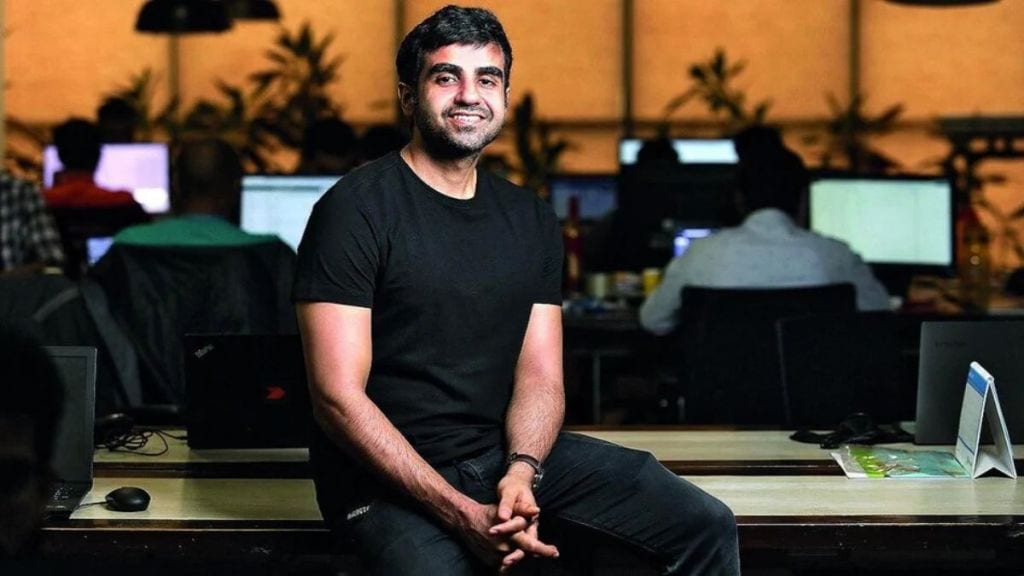In a thought-provoking post on LinkedIn, Nikhil Kamath, the co-founder of Zerodha, brought out several reflections on India’s near desperate need for a long-term scientific and technological research focus if it were to survive in competition with the rest of the world. Drawing comparisons with China, Kamath pointed out that both countries were on almost equal footing in terms of per capita GDP in the 1960s and 1970s. However, since then, scientific and technological development in China has far outstripped that of India, particularly since the 1980s when the two countries launched reforms of their own.
Citing an Economist article, Kamath underscored China’s success in scientific research, regretting that India, with its diluted research output, does not even fairly figure in the plot. He acknowledged that amid gaming of papers and citations, the advances w.r.t research do consider China in good stead, whereas the lack of amassed research output keeps India at the bottom.
A characteristic problem identified by Kamath is India’s proclivity to “short-termism” and the “Jugaad mentality”, seeking short-term fixes that may offer an immediate solution but hardly address long-term needs. According to him, this mentality permeates diverse aspects of Indian society, ranging from business to politics and regulatory frameworks. Kamath stated that while a lot of advancement has occurred since his time in India, he stressed that it is quite insufficient for facing future hurdles.
Kamath reiterated the absolute necessity of having an enabling environment for scientific innovation, emphasizing that simply buying technology such as GPUs for AI development is meaningless without the right people and environment. He pointed out that there are still many top researchers leaving India for opportunities in countries like the US.
The businessman then called for concerted efforts to strengthen research in India, noting that while such investments would not bring immediate dividends, these efforts are important for India’s long-term development. He stated that given focused efforts, India could, therefore, expect tangible results in five to 10 years, similar to what China has been doing for decades in R&D.
Kamath concluded his post with an urgency note stating that as AI reshapes the world, India cannot afford to sit back and do nothing. There will be no room for mediocrity, he warned, in an AI-driven future.

